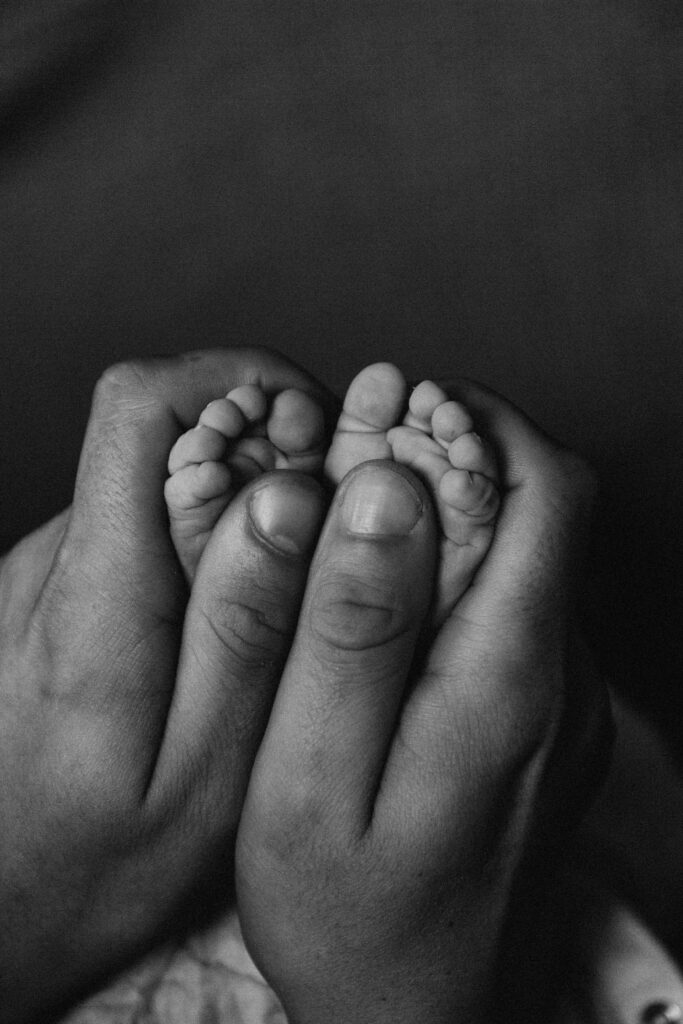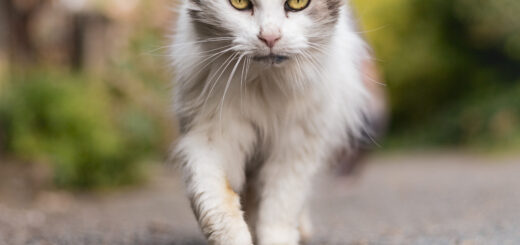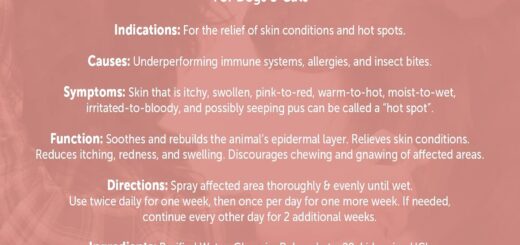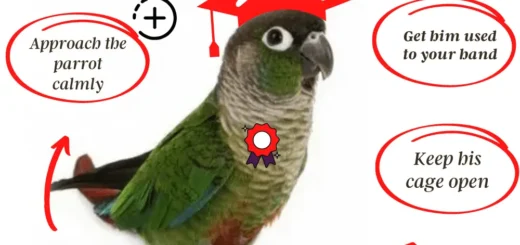Cat Dental Care: Promoting Healthy Teeth And Gums
In this article, you will discover the importance of cat dental care and how it plays a vital role in promoting healthy teeth and gums. Taking care of your cat’s oral health is not just about keeping their breath fresh; it also helps prevent dental diseases and ensures their overall well-being. From regular brushing to professional cleanings, you will explore effective strategies to maintain your feline friend’s dental hygiene. So let’s dive right in and learn how to keep those pearly whites shining!

This image is property of images.pexels.com.
Click here to Understand & Speak With Your Cat!
Why Cat Dental Care is Important
Preventing Dental Disease
Taking care of your cat’s dental health is crucial for preventing dental disease. Just like humans, cats can develop a range of dental problems, including gum disease, tooth decay, and oral infections. By practicing good dental care habits, you can reduce the risk of these issues and ensure that your cat enjoys optimal oral health throughout their life.
Promoting Overall Health
Did you know that dental health is directly linked to your cat’s overall well-being? Poor dental hygiene can lead to more than just toothaches and bad breath; it can also contribute to systemic health problems. Bacteria from the mouth can travel through the bloodstream, affecting organs such as the heart, liver, and kidneys. By prioritizing your cat’s dental care, you are promoting their overall health and helping them lead a happier and longer life.
Signs of Dental Problems in Cats
Bad Breath
One of the most common signs of dental issues in cats is persistent bad breath. While it’s true that cats don’t generally have minty-fresh breath, a foul odor that doesn’t go away could be an indication of an underlying dental problem. If your cat’s breath becomes increasingly unpleasant, it’s time to pay attention to their dental health.
Drooling
Excessive drooling is another sign that your cat may be experiencing dental problems. If you notice that your cat is drooling more than usual, it could be due to pain or discomfort in their mouth. Excessive drooling should never be ignored, as it could be indicative of more serious dental issues.
Difficulty Eating
If you observe your cat struggling or showing reluctance to eat, it could be a sign of dental pain. Dental problems can make it painful for cats to chew their food properly, leading to decreased appetite and even weight loss. If you notice changes in your cat’s eating habits, it’s important to investigate their oral health.
Pawing at the Mouth
Cats may use their paws to express discomfort or pain, and if they are frequently pawing at their mouth, it could be a sign of dental problems. This behavior may indicate that your cat is trying to alleviate dental pain or irritation. Keep a close eye on your cat’s behavior and seek veterinary attention if they persistently paw at their mouth.

This image is property of images.pexels.com.
Click here to Understand & Speak With Your Cat!
Regular Dental Examinations
Frequency of Examinations
Regular dental examinations are a vital part of maintaining your cat’s oral health. It is recommended to schedule a dental examination with your veterinarian at least once a year. However, older cats or those with existing dental issues may require more frequent visits. By staying proactive and taking your cat for regular dental check-ups, you can catch any potential problems early on and prevent them from worsening.
Importance of Professional Cleanings
While dental care at home is essential, professional dental cleanings provided by your veterinarian are equally important. During these cleanings, your vet will thoroughly examine your cat’s teeth and gums, remove plaque and tartar buildup, and address any underlying dental issues. Professional cleanings are more comprehensive and can only be performed by trained veterinary professionals. They play a vital role in maintaining your cat’s dental health.
At-Home Dental Care
Brushing Your Cat’s Teeth
Brushing your cat’s teeth is a highly effective way to keep their dental health in check. Although it may sound daunting, with patience and practice, most cats can become accustomed to having their teeth brushed. You should aim to brush your cat’s teeth at least two to three times a week. Make sure to use a soft-bristled, cat-specific toothbrush and toothpaste formulated for cats. Avoid using human toothpaste, as it can be harmful to your furry friend.
Choosing the Right Toothbrush and Toothpaste
When selecting a toothbrush for your cat, opt for a brush with soft bristles and a small head. This will make it easier to reach all areas of your cat’s mouth, especially the back molars. Additionally, choose a toothpaste that is specifically designed for cats. These toothpaste formulas are safe to swallow and come in flavors that appeal to feline taste buds, making the brushing experience more enjoyable for your cat.
Alternative Dental Care Options
If your cat refuses to cooperate with tooth brushing, don’t worry! There are alternative dental care options available. Dental wipes or pads are a convenient substitute for toothbrushing and can help remove plaque and bacteria from your cat’s teeth. Dental rinses and water additives are additional options that can promote oral health by reducing bacterial growth and freshening your cat’s breath. Talk to your veterinarian to find the best alternative dental care option for your cat’s individual needs.

This image is property of images.pexels.com.
Click here to Understand & Speak With Your Cat!
Diet and Dental Health
Importance of a Balanced Diet
A balanced diet plays a significant role in your cat’s overall health, including their dental well-being. Feeding your cat a high-quality, nutritionally balanced diet is essential for maintaining healthy teeth and gums. Ensure that their diet is rich in essential nutrients such as calcium and phosphorus, which are crucial for strong teeth. Consult your veterinarian for recommendations on the best diet for your cat’s dental health and overall well-being.
Choosing Dental-friendly Foods
Some cat foods and treats are specially formulated to promote dental health. These dental-friendly options may have unique textures or be designed to help minimize plaque and tartar buildup. Dental treats can provide an enjoyable chewing experience while helping to keep your cat’s teeth clean. However, it’s important to note that these treats should not be the sole means of dental care and should be given in moderation. Always read the labels, choose reputable brands, and consult with your veterinarian before introducing new foods or treats to your cat’s diet.
Dental Treats and Toys
Benefits of Dental Treats
Dental treats serve as a great supplement to your cat’s regular dental care routine. These specialized treats are designed to provide oral benefits, such as reducing plaque and tartar buildup and freshening breath. Dental treats usually have a unique texture or shape that helps mechanically clean your cat’s teeth as they chew. However, remember that dental treats should not replace regular toothbrushing or professional dental cleanings, as they are not as effective in removing plaque and tartar.
Selecting Safe and Effective Toys
Certain toys can also contribute to your cat’s dental health. Chewing on appropriate toys can help keep your cat’s teeth clean by reducing plaque and tartar buildup. Look for toys that are specifically designed to promote dental health, such as dental chew toys or tooth-cleaning ropes. When selecting toys, ensure that they are safe for your cat to chew on and that they are made from non-toxic materials. Avoid toys that are too hard or small, as they may pose a choking hazard or damage your cat’s teeth.
Click here to Understand & Speak With Your Cat!
Preventing Dental Injuries
Avoiding Rough Play
While playing with your cat is essential for their well-being, rough play should be avoided to prevent potential dental injuries. Avoid games that involve biting or chewing on your hands or fingers, as this can lead to dental fractures or other injuries. Instead, engage your cat in interactive play with appropriate toys, such as feather wands or interactive treat puzzles. By redirecting their natural hunting instincts onto safe toys, you can prevent dental injuries and ensure a fun and safe playtime experience.
Childproofing Your Home
If you have children in your household, it’s important to childproof your home to protect your cat from potential dental injuries. Cats are naturally curious and may be tempted to chew on objects that could harm their teeth. Keep small objects, such as toys or buttons, out of your cat’s reach to prevent accidental ingestion or dental damage. Additionally, be cautious of the plants you have in your home, as some can be toxic if chewed on. By taking these precautions, you can create a safe environment for your cat and minimize the risk of dental injuries.
Dealing with Dental Emergencies
Broken or Chipped Teeth
Dental emergencies can happen, and knowing how to handle them is crucial. If you notice that your cat has broken or chipped teeth, it’s important to contact your veterinarian immediately. Broken teeth can cause pain and infection, and your vet will be able to assess the damage and provide appropriate treatment. Do not attempt to fix the teeth yourself, as this may cause further harm or pain to your cat.
Tooth Loss
Tooth loss in cats can occur due to various reasons, such as injury, disease, or advanced dental problems. If your cat loses a tooth, it is essential to consult with your veterinarian. Tooth loss can affect your cat’s ability to eat properly and may lead to further dental issues if left untreated. Your vet will be able to determine the cause of the tooth loss and recommend appropriate treatment options.
Bleeding Gums
If you notice bleeding gums in your cat, it could be a sign of periodontal disease or another underlying dental issue. Gums that are red, swollen, or bleed easily should not be ignored. Contact your veterinarian right away to schedule an examination. Your vet can diagnose the cause of the bleeding gums and provide the necessary treatment to alleviate the discomfort and prevent further damage.
Click here to Understand & Speak With Your Cat!
Tips for Successful Dental Care
Introducing Dental Care to Your Cat
Introducing dental care to your cat can be a gradual process. Start by getting your cat comfortable with having their mouth touched and inspected. Gently lift their lips and reward them with treats and praise. Once they are comfortable with this, gradually introduce tooth brushing or alternative dental care options. Take it slow, and always praise your cat for their cooperation. Patience and consistency are key to successfully incorporating dental care into your cat’s routine.
Making the Experience Positive
To encourage positive associations with dental care, make the experience as pleasant as possible for your cat. Choose a quiet and comfortable location for brushing their teeth, and use a soothing tone of voice throughout the process. Reward your cat with praise, treats, or playtime after each successful dental care session. By creating a positive and rewarding experience, your cat will be more likely to cooperate with their dental care routine.
Scheduling Regular Dental Visits
In addition to at-home dental care, scheduling regular visits with your veterinarian is crucial for your cat’s dental health. Even if your cat’s teeth appear healthy, professional dental examinations can spot issues that may not be visible to the naked eye. Your veterinarian will also be able to provide guidance and recommendations specific to your cat’s oral health needs. Regular dental visits are essential for maintaining optimal dental hygiene and preventing potential dental problems.
Recognizing the Limitations
Consequences of Neglected Dental Care
Neglecting your cat’s dental care can have serious consequences for their health and well-being. Dental diseases can lead to pain, tooth loss, and infection. Additionally, bacteria from the mouth can enter the bloodstream and cause damage to vital organs. By recognizing the importance of dental care, you are taking a proactive approach to preventing these serious consequences and ensuring your cat’s overall health.
When to Consult a Veterinarian
If at any point you are unsure about your cat’s dental health or notice any signs of dental problems, it is best to consult with your veterinarian. Your vet is trained to assess your cat’s oral health and provide appropriate guidance and treatment. They will help you determine the best course of action, whether it is scheduling a dental examination, addressing a dental emergency, or adjusting your cat’s dental care routine. Trusting your veterinarian’s expertise is essential for maintaining optimal dental health in your cat.









